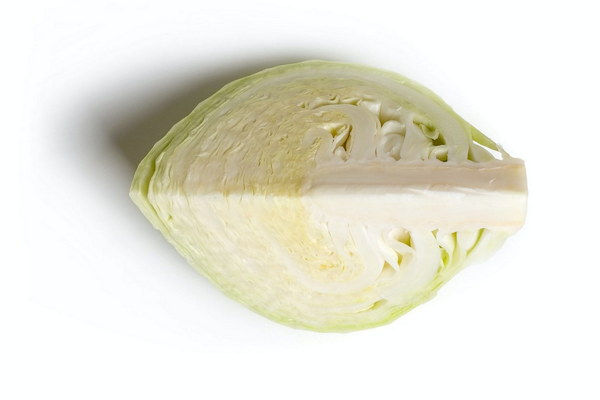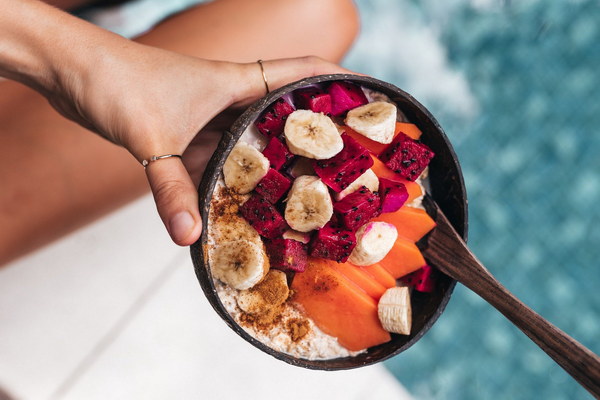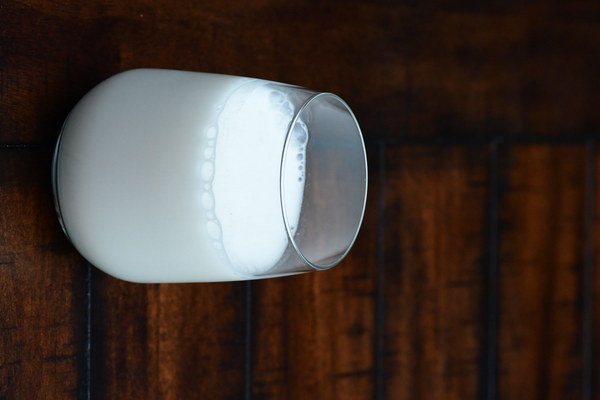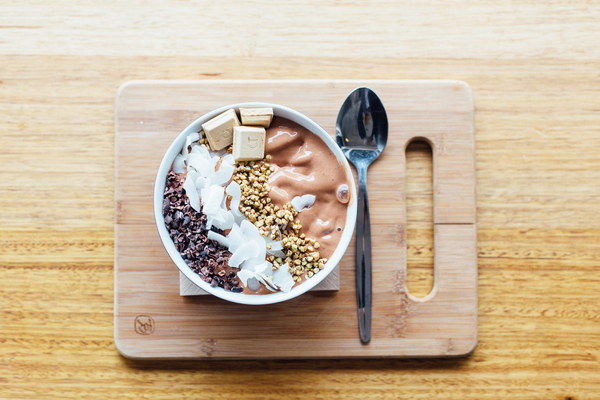Unveiling the Distinctive World of Makeup, Beauty, and Skincare Industries
In today's fast-paced world, the beauty industry has become a cornerstone of consumer culture, encompassing a wide array of products and services. While makeup, beauty, and skincare may seem like interconnected fields, they each possess unique characteristics and target different aspects of personal care. Let's delve into the distinctive world of these three industries to better understand their contributions to the beauty landscape.
1. Makeup Industry
The makeup industry focuses on enhancing and altering a person's appearance through the use of various cosmetic products. These products, including foundation, eyeshadow, blush, and lipstick, are designed to create a desired look, whether it's for a special occasion or daily wear. Key aspects of the makeup industry include:
- Product diversity: Makeup products come in various shades, formulations, and formulas to cater to different skin tones and preferences.
- Trends and innovation: The makeup industry is constantly evolving, with new trends and products emerging regularly. This dynamic nature keeps consumers engaged and encourages experimentation.
- Artistry and skill: Makeup application requires a certain level of skill and creativity, with professionals such as makeup artists playing a crucial role in the industry.
- Social media influence: Makeup tutorials and reviews on platforms like YouTube and Instagram have significantly impacted the industry, with influencers playing a vital role in shaping consumer preferences.
2. Beauty Industry
The beauty industry encompasses a broader scope, focusing on overall personal care and well-being. This industry includes a variety of products and services aimed at improving physical appearance, enhancing health, and promoting relaxation. Key aspects of the beauty industry include:
- Haircare: Haircare products and services, such as shampoos, conditioners, and salon treatments, are essential for maintaining healthy hair.
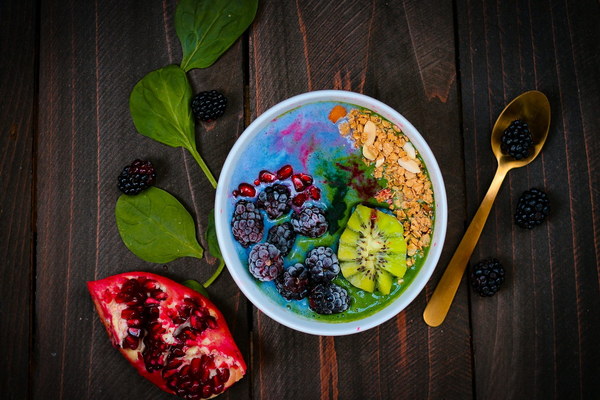
- Nails: Nail care products, such as polishes, treatments, and manicure/pedicure services, contribute to the beauty industry.
- Spa and wellness: Spa treatments, such as facials, massages, and body scrubs, are offered to promote relaxation and improve overall well-being.
- Personal care: Personal care products, including deodorants, body washes, and lotions, are designed to keep the body clean and healthy.
3. Skincare Industry
The skincare industry focuses specifically on the care and maintenance of the skin. This industry offers a wide range of products, treatments, and advice aimed at addressing various skin concerns, such as acne, aging, and hyperpigmentation. Key aspects of the skincare industry include:
- Product diversity: Skincare products come in various forms, including cleansers, serums, moisturizers, and sunscreens, catering to different skin types and concerns.
- Research and development: The skincare industry is highly research-driven, with constant advancements in ingredients and formulations to improve product effectiveness.
- Professional treatments: Skincare professionals, such as dermatologists and estheticians, offer specialized treatments, such as chemical peels and laser therapy, to address more severe skin issues.
- Consumer education: The skincare industry places a strong emphasis on educating consumers about proper skincare routines and the importance of using quality products.
In conclusion, the makeup, beauty, and skincare industries each play a unique role in the broader beauty landscape. While they share some commonalities, such as product diversity and consumer demand, each industry focuses on different aspects of personal care. Understanding these distinctions can help consumers make informed decisions and appreciate the diverse offerings within the beauty industry.

